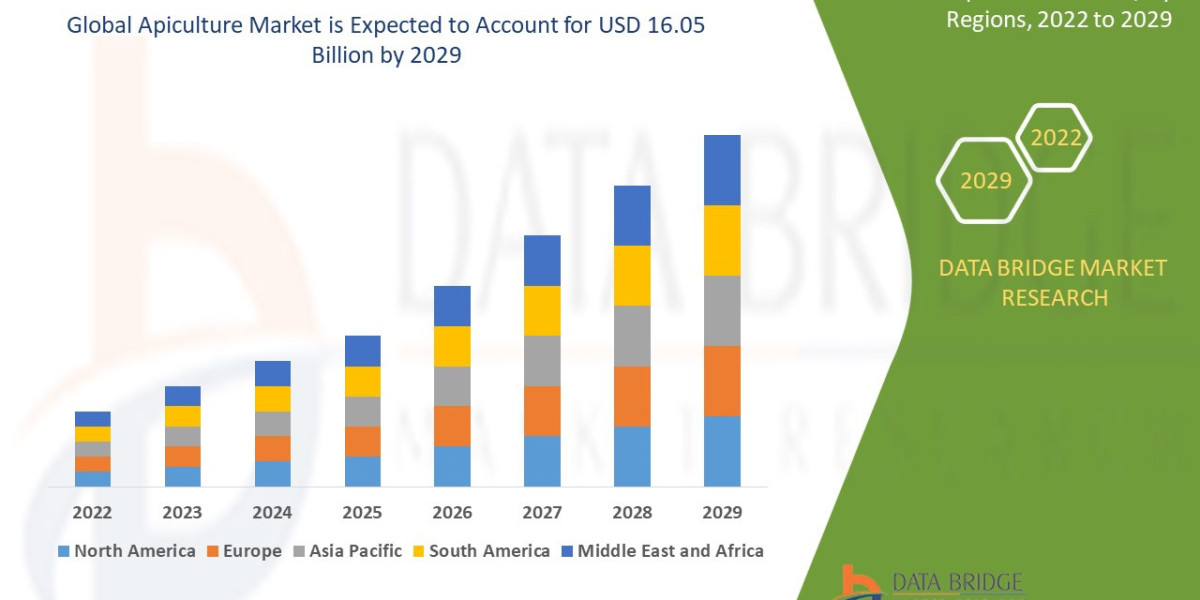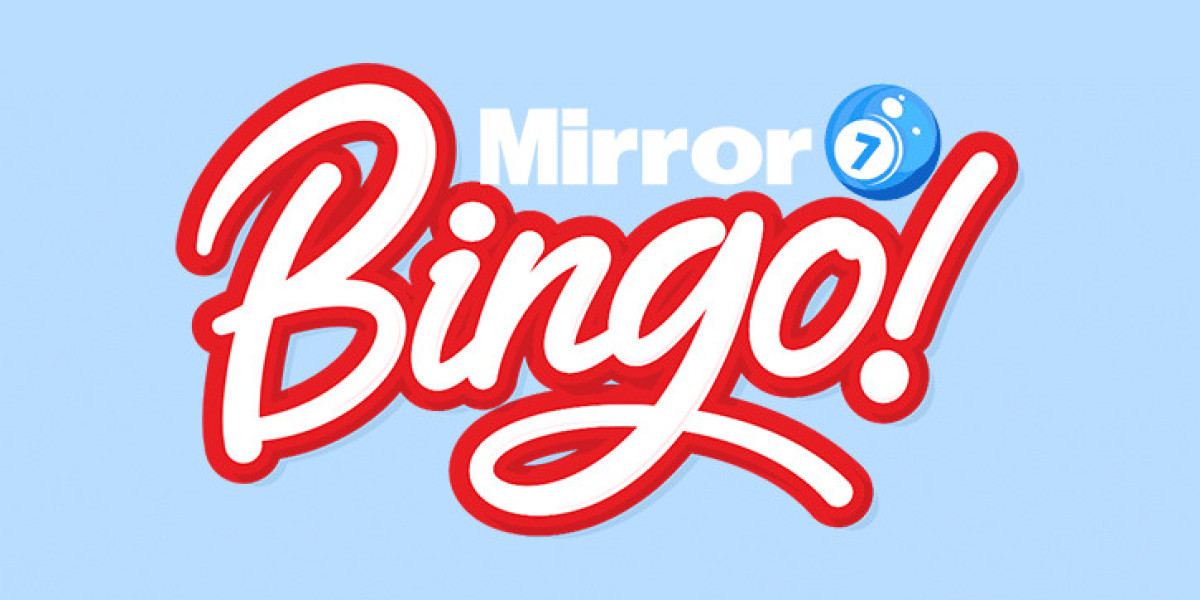The global Apiculture Market is poised for substantial growth, driven primarily by the escalating consumer shift towards natural sweeteners and a rising awareness of the health benefits of bee-derived products like honey, beeswax, royal jelly, and propolis. Apiculture plays a critical role in global agriculture by providing essential pollination services, which further bolsters its economic importance. Key market players are focusing on technological advancements in beekeeping and product diversification to capitalize on the increasing demand for organic and functional food ingredients. Asia-Pacific continues to dominate the market in terms of revenue, while North America is projected to exhibit the fastest growth over the forecast period.
? Market Overview
Apiculture, or beekeeping, involves the maintenance of honey bee colonies, primarily for the production of honey and other hive products such as beeswax, royal jelly, propolis, and bee pollen. Beyond product harvest, the market's value is intrinsically linked to the essential pollination services provided by bees, which are vital for crop production globally. The industry is evolving with the adoption of modern beekeeping practices, including smart hive technology and precision apiculture, aimed at improving colony health and maximizing yields. The global market is highly fragmented, with numerous small and medium-sized beekeeping operations alongside large-scale commercial players.
? Market Size & Forecast
The global Apiculture Market was valued at approximately USD 11.75 Billion in 2024 and is anticipated to reach a value of around USD 18.59 Billion by 2032. This expansion is projected to occur at a Compound Annual Growth Rate (CAGR) of 5.94% during the forecast period from 2025 to 2032. The robust growth is primarily fueled by the increasing application of bee products in the food & beverage, pharmaceutical, and personal care industries, alongside supportive government initiatives promoting beekeeping and pollination.
? Market Segmentation
The Apiculture Market is comprehensively segmented based on product type, application, and distribution channel.
- By Product Type:
- Honey: Dominates the market due to its widespread use as a natural sweetener and its medicinal properties.
- Beeswax: Significant application in cosmetics, pharmaceuticals, and candle manufacturing.
- Royal Jelly: High-value segment driven by demand in dietary supplements and anti-aging cosmetics.
- Propolis and Bee Pollen: Growing consumption in the nutraceutical and health supplement sectors.
- By Application:
- Food & Beverages: Holds the largest market share, with honey used in bakery, confectionery, and as a natural sugar substitute.
- Pharmaceuticals/Medical: Increasing use in wound care, cough syrups, and natural remedies due to antibacterial and anti-inflammatory properties.
- Cosmetics & Personal Care: Utilizes beeswax, royal jelly, and honey in skin care, lip balms, and hair products.
- Others: Includes agricultural pollination services.
- By Distribution Channel:
- Supermarkets/Hypermarkets
- Specialty Stores
- Online Retail
- Direct Sales (Farm-to-Consumer)
? Regional Insights
The global market analysis includes North America, Europe, Asia-Pacific (APAC), Latin America (LATAM), and the Middle East and Africa (MEA).
- Asia-Pacific (APAC): Dominates the market with the largest revenue share (approx. 36% in 2024), primarily due to significant production in countries like China and India, large bee colony populations, and high domestic consumption of honey as a traditional ingredient.
- North America: Projected to be the fastest-growing region, driven by increasing consumer awareness of bee product health benefits, strong demand for natural/organic certified products, and government support for pollinator protection and beekeeping.
- Europe: Characterized by stringent quality control and high demand for specialized honey varieties (e.g., Manuka, Acacia) and bee products for the premium cosmetics and nutraceutical industries.
? Competitive Landscape
The market features a mix of large-scale international honey processors and numerous smaller, regional beekeeping operations. Competition revolves around product quality, origin traceability, organic/natural certifications, and pricing strategies.
Top Market Players in the Apiculture Market:
- Dabur India Ltd.
- Capilano Honey Ltd.
- Betterbee
- Barkman Honey, LLC
- Comvita Limited
- NOW Foods
- Koster Keunen
- Thomas Apiculture
For an in-depth analysis of the competitive positioning and strategies of these companies, refer to the Databridge report company list: https://www.databridgemarketresearch.com/reports/global-apiculture-market/companies
? Trends & Opportunities
- Rising Demand for Organic and Monofloral Honey: Consumers are increasingly seeking certified organic and specialized honey (e.g., Manuka, Clover, Acacia), commanding premium prices.
- Precision Apiculture: Adoption of IoT-enabled smart hives for real-time monitoring of colony health, temperature, and yield, leading to improved efficiency and reduced losses.
- Product Diversification: Growing commercialization of high-value by-products like royal jelly, propolis, and bee venom in the functional food and cosmetic industries.
- Integration with Agriculture: Increasing demand for managed pollination services in high-value crop cultivation, offering a significant revenue stream beyond product sales.
⚠ Challenges & Barriers
- Colony Health Decline: The pervasive threat of Colony Collapse Disorder (CCD), pesticide exposure, and diseases (e.g., Varroa mites) leads to significant bee losses and supply volatility.
- Honey Adulteration: The practice of blending honey with cheaper syrups (e.g., corn or rice syrup) is a major ethical and quality challenge that erodes consumer trust and depresses authentic honey prices.
- Climate Change Impact: Unpredictable weather patterns affect flora, foraging behavior, and honey yield, introducing uncertainty into the production cycle.
- High Maintenance Costs: The cost-intensive nature of maintaining large, healthy bee colonies and acquiring modern beekeeping equipment can be a barrier for small beekeepers.
? Conclusion
The global Apiculture Market is on a clear growth trajectory, propelled by the macro-trend of natural and wellness consumption. The economic and ecological dual benefit of apiculture—high-value products and essential pollination services—secures its long-term viability. Addressing supply-side challenges, particularly bee health and honey authenticity, remains paramount for sustainable growth. Market participants who invest in technological innovation and quality assurance are best positioned to capitalize on the increasing global demand for bee-derived products.
For a detailed analysis and strategic recommendations, access the full report here: Apiculture Market Report
Browse Trending Report:
North America Lithium-Ion Battery Recycling Market
Asia-Pacific Meat, Poultry and Seafood Processing Equipment Market
Europe Meat, Poultry and Seafood Processing Equipment Market
Middle East and Africa Meat, Poultry and Seafood Processing Equipment Market
North America Meat, Poultry and Seafood Processing Equipment Market
North America Medical Grade Silicone Market
Europe Medical Grade Silicone Market
Asia-Pacific Medical Grade Silicone Market
Middle East and Africa Medical Grade Silicone Market
Europe Neonatal Jaundice Management Market
Asia-Pacific Neonatal Jaundice Management Market
Middle East and Africa Neonatal Jaundice Management Market
North America Neonatal Jaundice Management Market
North America Non-Destructive Testing Equipment Market
Asia-Pacific Non-Destructive Testing Equipment Market
? Contact Us
Contact Us:
Data Bridge Market Research
US: +1 614 591 3140
UK: +44 845 154 9652
APAC: +653 1251 975
Email: corporatesales@databridgemarketresearch.com


